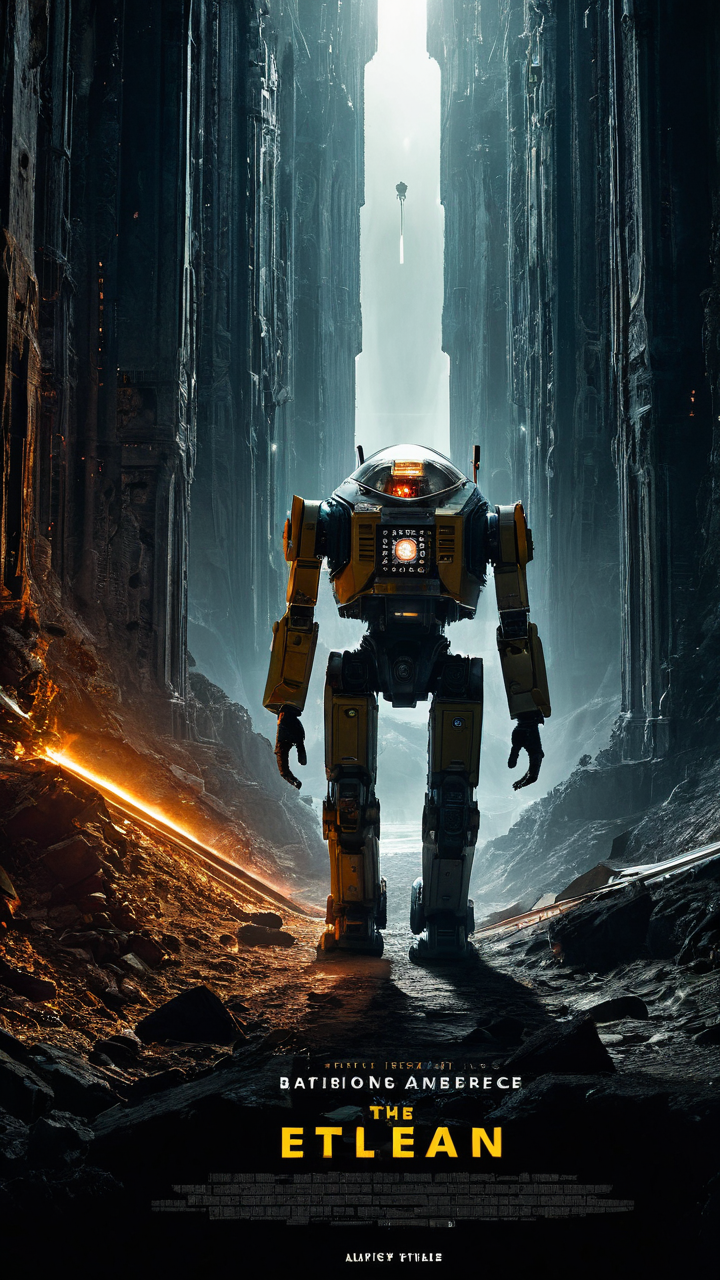
Introduction: The Fermi Paradox and the Great Filter
The Fermi Paradox – the contradiction between the high probability of extraterrestrial civilizations and the lack of any observable evidence – has plagued scientists and [science fiction](https://example.com/books/future?ref=bot) enthusiasts for decades.
One attempt to resolve this paradox is the Great Filter theory. This theory posits that there’s a common obstacle preventing life from evolving into a spacefaring civilization.
The question is: have we already passed this filter, making our existence a cosmic fluke, or does a terrifying unknown lie ahead? This article delves into both possibilities, exploring the evidence and implications of each.
If the Great Filter is behind us, it implies that the early stages of life’s development are incredibly improbable. Perhaps the jump from non-living matter to self-replicating molecules was an exceptionally rare event.
Or maybe the evolution of complex multicellular life, or the development of intelligence itself, presented insurmountable hurdles for most lifeforms. Consider the sheer number of evolutionary dead-ends and extinction events on Earth.
Our survival might be a matter of extraordinary chance, a lucky roll of the cosmic dice.
This perspective offers a sobering yet hopeful message. Our existence is precious and potentially unique. The fact that we’ve overcome whatever obstacles lie behind us should be a source of both awe and responsibility.
It underscores the importance of preserving our civilization and ensuring its continued survival. But it also raises the question: are we simply lucky survivors of a cosmic lottery, or is there something more significant at play?
The alternative, and arguably more terrifying, scenario is that the Great Filter lies ahead of us. This suggests that there’s a common catastrophe that prevents civilizations from reaching a certain level of technological advancement.
org/wiki/Existential_risk”>learn more about existential risks), to unforeseen technological singularities or even the emergence of an unstoppable AI.
Perhaps advanced civilizations inevitably encounter a technological limit, a physical law they cannot overcome, or a universal phenomenon that prevents further expansion.
The unsettling implication is that we might be on a trajectory towards this very catastrophe, unaware of the looming danger.
This connects to something bigger in fascinating ways.
This perspective demands a proactive approach to risk management and the development of sustainable, responsible technologies. Images of advanced civilizations self-destructing serve as a stark warning.
Finding the Balance: A Pragmatic Approach
While the Great Filter theory is speculative, it offers a valuable framework for contemplating humanity’s place in the universe and our long-term survival.
Neither scenario – the filter being behind or ahead of us – is definitively proven. The lack of contact with extraterrestrial civilizations doesn’t necessarily confirm either hypothesis.
Perhaps interstellar travel is simply too difficult, or perhaps civilizations tend to remain quiet to avoid attracting unwanted attention.
The most pragmatic approach is to assume the worst-case scenario – that the Great Filter is ahead of us. This encourages proactive measures to mitigate existential risks, promote scientific progress responsibly, and foster global cooperation.
It calls for a deeper understanding of our own vulnerabilities and a commitment to long-term sustainability.
Conclusion: Our Responsibility to the Future
The Great Filter remains one of the most thought-provoking concepts in modern science.
Whether it’s behind us or ahead of us, the question forces us to confront our own mortality, our potential for self-destruction, and our responsibility to the future.
Our survival, and perhaps the survival of life itself, may depend on our ability to navigate the challenges ahead with wisdom and foresight.
The search for extraterrestrial life, while exciting, also carries an inherent risk – the potential for contact with a civilization far more advanced than ourselves, which could have unforeseen consequences.
Until we have answers, our best bet is to focus on mitigating the risks we already know exist.



